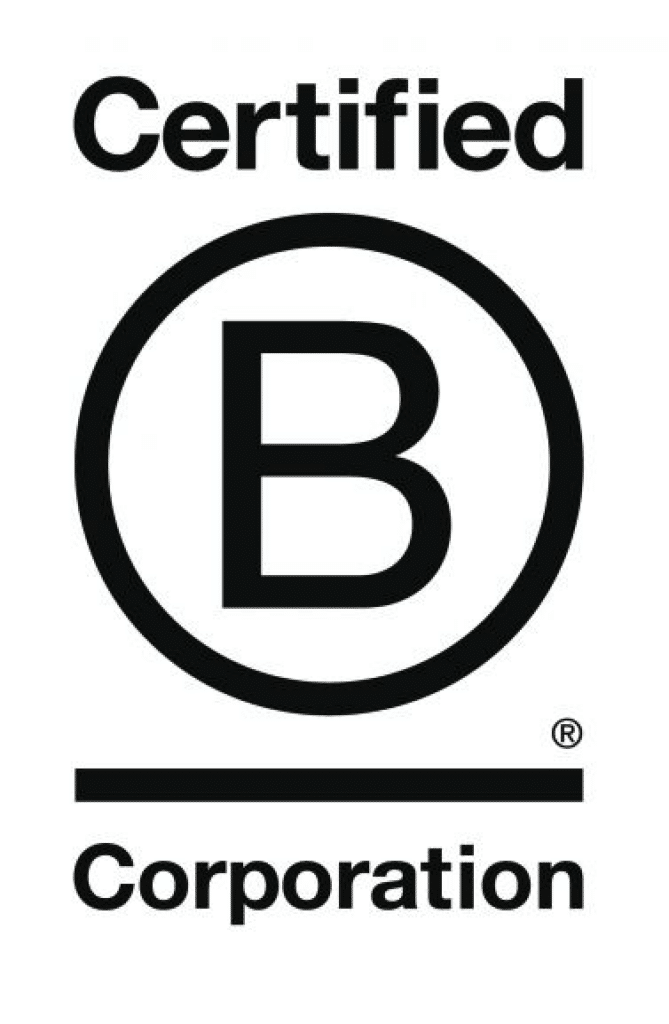The UK Government is rolling out significant changes for SMEs through the Employment Rights Bill and the 2024 Autumn Budget. While the new legislation arising from the new Employment Rights Bill will likely take effect in Autumn 2026, consultations and preparations begin in 2025. Along with the 2024 Budget’s financial impacts, these changes will require businesses to adjust practices and budgets.
While the changes may seem daunting, they aim to create a fairer, more transparent employment landscape, with several key challenges for employers. The current key proposals are:
- Unfair dismissal protection and immediate access to parental and bereavement leave from day one of employment
- Entitlement to statutory sick pay will begin on day one of an employee’s absence and the lower earnings limit will be removed and the current qualifying period will be removed
- Flexible working requests allowed from day one of employment, with reasons required for refusals
- Fire-and-rehire prohibited unless vital for business survival
- Requirement for broader redundancy consultations
- Employers will be liable for third-party harassment
- Amendments to zero hours contracts which include a right to guaranteed hours with a contract that reflects the number of hours regularly worked, and a right to reasonable notice of shifts with payment for shifts cancelled or curtailed at short notice.
- Making it easier to strike, with better protections for employees
However, these changes aim to create a fairer, more transparent employment landscape and to improve employee wellbeing, job security, and workplace conditions, creating a more motivated workforce. SMEs will also benefit from clearer guidelines on probation periods, flexible working, and fairer tax scrutiny, creating a level playing field in the battle for top talent.
So, while it’s important to plan for the risks, embracing these changes now can position you ahead of the curve and enhance employee engagement.
What’s in the Employment Rights Bill?
The Employment Rights Bill introduces key reforms SMEs should be aware of:
- Day-One Employment Rights: Workers will have protection against unfair dismissal and can take parental or bereavement leave immediately.
- What this means for you: Update recruitment and onboarding processes to reflect these new rights, update contracts, staff handbooks and policy documents, communicate the changes
- Sick Pay from Day One: Sick pay will begin on the first day of illness, with no earnings limit for low-paid workers.
- What this means for you: Prepare for higher payroll costs and update sickness policies.
- Flexible Working by Default: Employees will have the right to request flexible working from day one, with employers required to justify refusals.
- What this means for you: Align practices with ACAS guidance and use flexible working as a competitive advantage.
- Fire-and-Rehire Restrictions: Employers can no longer dismiss and rehire employees on less favourable terms unless essential for business survival.
- What this means for you: Negotiate proactively with employees and refine hiring processes.
- Broader Redundancy Consultation: Employers must consult workers across all affected sites when making redundancies.
- What this means for you: Plan for more complex consultation processes if you operate across multiple locations.
- Harassment Prevention: Employers will be held accountable for third-party harassment.
- What this means for you: Strengthen anti-harassment policies and train staff to handle these situations.
- Zero-Hour Contracts Under Scrutiny: Zero-hour workers who work regular hours for 12 weeks must be offered guaranteed-hour contracts.
- What this means for you: Review use of zero-hour contracts and prepare for additional costs.
- Stronger Trade Union Rights: It’s easier for workers to strike, with greater protections for those involved in industrial action.
- What this means for you: Update processes for more active collective bargaining and strike action.
What about the Autumn 2024 budget?
The 2024 Budget brings financial implications for SMEs:
- Higher Payroll Costs: Employer NIC increases and a rise in the National Living Wage will drive up payroll expenses.
- What this means for you: Plan budgets and focus on employee retention to reduce recruitment costs.
- Full Expensing Scheme: SMEs can fully deduct the cost of qualifying investments from taxable profits.
- What this means for you: Invest in upgrading systems to improve efficiency and compliance.
How to prepare for 2025
Here’s a step-by-step plan to prepare for the changes:
- Review Policies and Contracts: Ensure your policies reflect new rights and practices.
- Budget for Cost Increases: Account for higher payroll expenses and use the full expensing scheme for modernising operations.
- Update People Practices: Train managers on new rules around flexible working and harassment.
- Reassess Zero-Hour Contracts: Transition regular zero-hour workers to stable roles with guaranteed hours.
- Communicate with Employees: Keep staff informed on how the changes benefit them.
- Stay Informed: Follow trusted sources like CIPD and ACAS for updates.
How we can help
At Quarsh, we specialise in helping SMEs navigate these legislative changes with confidence. Here’s how we can assist:
- Policy Audits: Ensure compliance with new standards.
- Leadership Training: Equip your managers with the skills to handle new processes.
- Cost Management: Help you manage rising payroll expenses.
- Technology Integration: Guide you on using the full expensing scheme to streamline operations.
Turn challenges into opportunities
While the Employment Rights Bill and 2024 Budget bring challenges, they also offer opportunities to strengthen your business. Preparing now will ensure compliance, improve employee satisfaction, and position your company for long-term success.
Need help? We can help you understand what’s really happening and move forward with confidence. Get in touch today to discuss how we can support your business in navigating these changes, ensuring you’re fully prepared, and helping you move forward confidently as 2025 approaches by completing our contact form below or email us directly at hello@quarsh.com.


